The Ultimate Guide to Collagen: Benefits, Types, and Supplements Explained
Collagen is a protein that is found in the skin, bones, muscles, and connective tissues of the body. It plays an essential role in maintaining the strength and elasticity of these tissues, which is why it is often referred to as the body's building block. In recent years, collagen has gained a lot of popularity as a dietary supplement due to its numerous health benefits. In this blog, we will explore what collagen is, its benefits, different types, and supplements.
What is Collagen?
Collagen is the most abundant protein in the body, accounting for about one-third of its total protein composition. It is a complex protein that is made up of several amino acids, including glycine, proline, hydroxyproline, and arginine. Collagen is primarily found in the skin, bones, muscles, and connective tissues, where it provides structural support and helps to maintain the elasticity and strength of these tissues.
As we age, the production of collagen in the body naturally declines, which can lead to a number of health issues, including joint pain, brittle bones, and wrinkles. This is why many people turn to collagen supplements to help boost their body's natural collagen production and improve their overall health.
People who Need Collagen
While collagen is essential for just about everyone, some people may benefit more from collagen supplements than others. For example athletes and individuals who engage in high-intensity exercise may benefit from collagen supplements as it can help to support joint health and reduce the risk of injury.
People that suffer with gut issues like leaky gut to help reseal the gut lining and people who have weak hair, skin and nails also see a tremendous benefit from including collagen in their diet.
Additionally, older adults may benefit from collagen supplements as the natural production of collagen declines with age.
Benefits of Collagen
There are several health benefits associated with collagen supplements, including:
-
Improved Skin Health: Collagen is a protein that makes up a significant portion of our skin, providing it with structure, elasticity, and hydration. As we age, our body produces less collagen, which can lead to a loss of elasticity, wrinkles, and dryness. Supplementing with collagen peptides can help to replenish the collagen in our skin, leading to improved skin health. Collagen peptides are small fragments of collagen that are more easily absorbed by the body than full-length collagen molecules. When we consume collagen peptides, they are broken down into smaller fragments that can be absorbed into the bloodstream and transported to the skin. Once in the skin, these collagen peptides stimulate the production of new collagen, leading to improved skin elasticity, reduced wrinkles, and increased hydration.
-
Reduced Joint Pain: Collagen is an essential component of our joints, making up the cartilage that cushions our bones and allows for smooth movement. As we age or experience injuries, our body's ability to produce collagen decreases, leading to joint pain and stiffness. Supplementing with collagen can help to improve joint health by reducing inflammation and supporting the production of new cartilage. A study published in the International Journal of Medical Sciences found that supplementation with collagen peptides reduced joint pain and stiffness in individuals with osteoarthritis, a common form of joint disease.
-
Increased Muscle Mass: Collagen is not just important for skin and joint health, but also for muscle health. As we age, our muscles naturally begin to shrink and lose strength, which can lead to frailty and disability. Supplementing with collagen may help to slow this process down by increasing muscle mass and strength. A study published in the British Journal of Nutrition found that older men who supplemented with collagen peptides in combination with resistance training experienced greater gains in muscle mass and strength compared to those who only did resistance training.
-
Improved Bone Health: Collagen is a critical component of our bones, providing them with structure and strength. As we age, our bone density naturally begins to decrease, which can increase the risk of fractures and osteoporosis. Supplementing with collagen peptides may help to improve bone health by stimulating the production of new bone tissue. A study published in the Journal of Bone and Mineral Research found that postmenopausal women who supplemented with collagen peptides for 12 months had significant improvements in bone density and strength compared to those who received a placebo.
-
Gut Health: Collagen is also important for gut health, as it helps to strengthen the lining of our gut and prevent the development of leaky gut syndrome. Leaky gut syndrome is a condition where the lining of our gut becomes more permeable than it should be, allowing toxins and other harmful substances to enter our bloodstream. This can lead to inflammation and a range of health problems. Supplementing with collagen peptides may help to prevent leaky gut syndrome by strengthening the gut lining. A study published in the Journal of Agricultural and Food Chemistry found that rats fed a diet supplemented with collagen peptides had significantly improved gut health compared to those fed a regular diet. The collagen peptides helped to strengthen the gut lining and reduce inflammation, which may have implications for improving gut health in humans.
Different Types of Collagen
There are several types of collagen, each of which plays a different role in the body. The most common types of collagen include:
-
Type I: Type I collagen is the most abundant type of collagen in the body and is found in the skin, bones, tendons, and ligaments.
-
Type II: Type II collagen is primarily found in cartilage and is essential for maintaining joint health.
-
Type III: Type III collagen is found in the skin, blood vessels, and organs, and is essential for maintaining skin elasticity and tissue regeneration.
-
Type IV: Type IV collagen is found in basement membranes and is essential for maintaining the integrity of the skin, kidneys, and other organs.
Collagen Supplements
Collagen supplements come in several forms, including powders, capsules, and drinks. They are typically derived from animal sources, such as cows, pigs, or fish. Collagen supplements may also contain additional ingredients, such as vitamins and minerals, to enhance their effectiveness.
When choosing a collagen supplement, it is important to consider the type of collagen used in the supplement and the quality of the source. Look for supplements that are made from high-quality, grass-fed or wild-caught sources, as these are typically the best quality.
References
-
Improved Skin Health: A study published in the Journal of Cosmetic Dermatology found that oral supplementation with collagen peptides for 8 weeks led to significant improvements in skin hydration, elasticity, and wrinkle depth (https://pubmed.ncbi.nlm.nih.gov/23949208/).
-
Reduced Joint Pain: A meta-analysis of randomized controlled trials published in the Journal of Pain Research found that collagen supplementation was associated with reduced joint pain and improved mobility in individuals with osteoarthritis (https://www.ncbi.nlm.nih.gov/pmc/articles/PMC6891674/).
-
Increased Muscle Mass: A study published in the British Journal of Nutrition found that collagen supplementation in combination with resistance training led to greater gains in muscle mass and strength in older men compared to resistance training alone (https://www.ncbi.nlm.nih.gov/pmc/articles/PMC4594048/).
- König, D., Oesser, S., Scharla, S., Zdzieblik, D., & Gollhofer, A. (2018). Specific Collagen Peptides Improve Bone Mineral Density and Bone Markers in Postmenopausal Women—A Randomized Controlled Study. Nutrients, 10(1), 97. doi: 10.3390/nu10010097 https://pubmed.ncbi.nlm.nih.gov/29337906/
- Zhu, C. F., et al. "Effects of collagen peptides on the growth of bifidobacteria and lactobacillus in vitro." Chinese Journal of Microecology, vol. 27, no. 5, 2015, pp. 597-600.


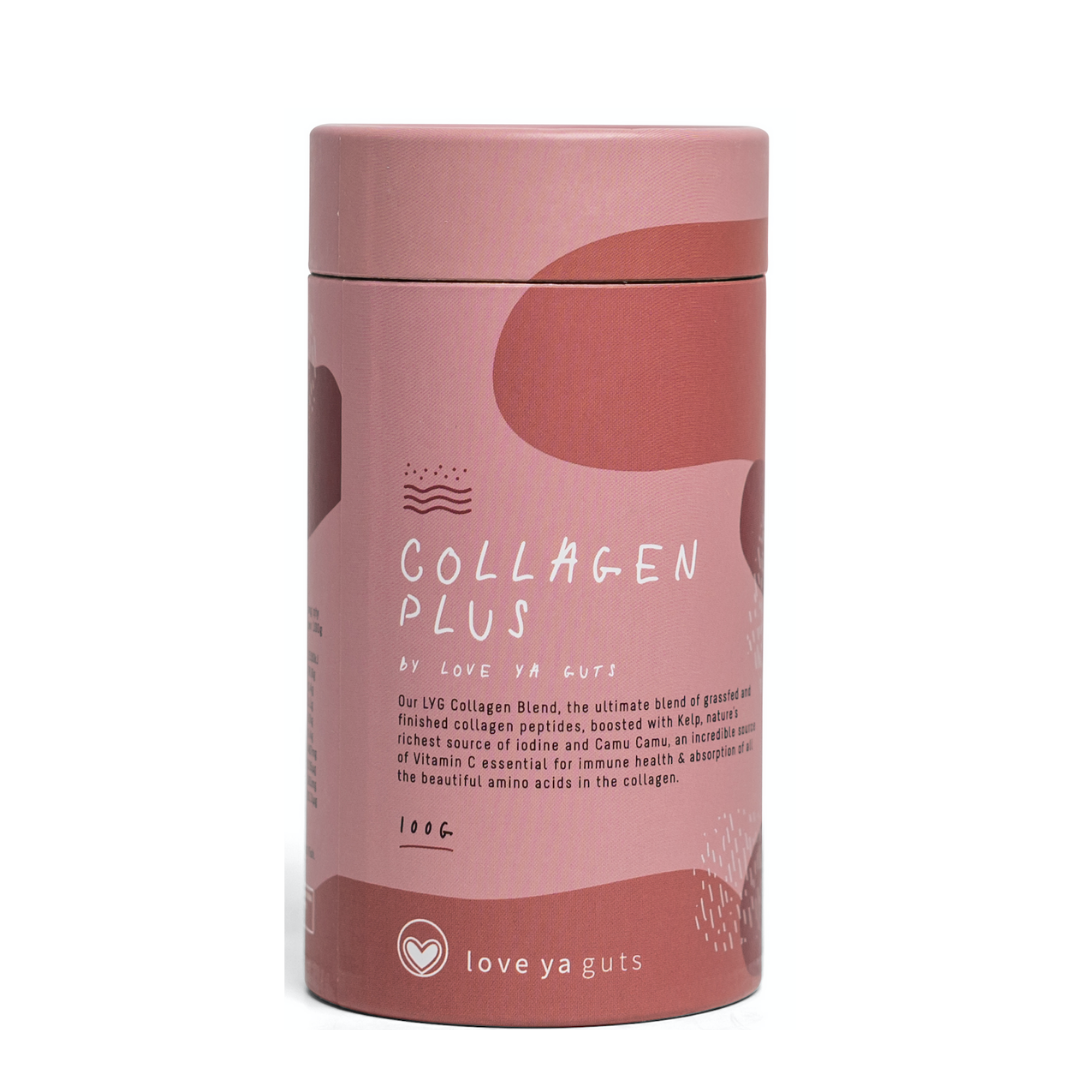


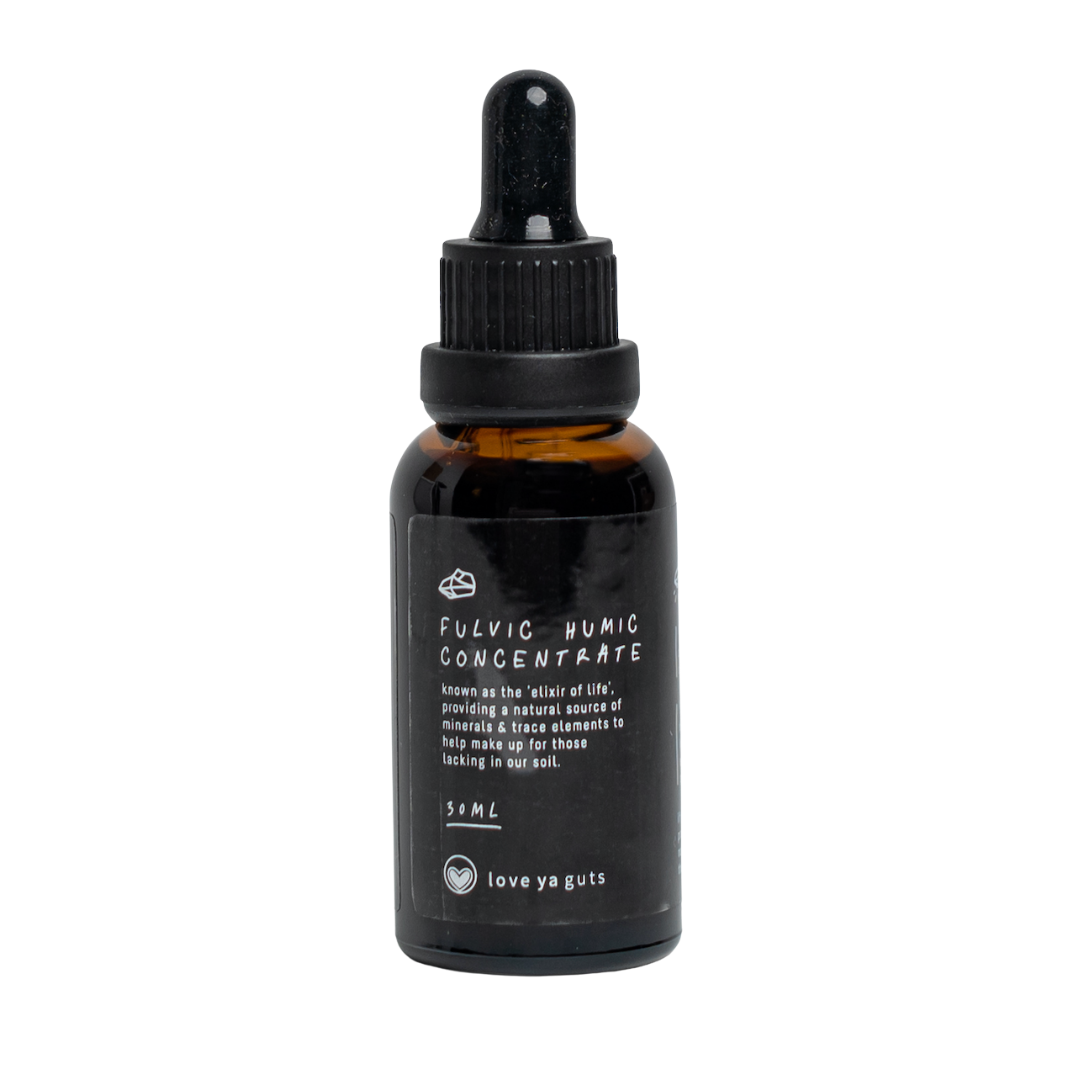
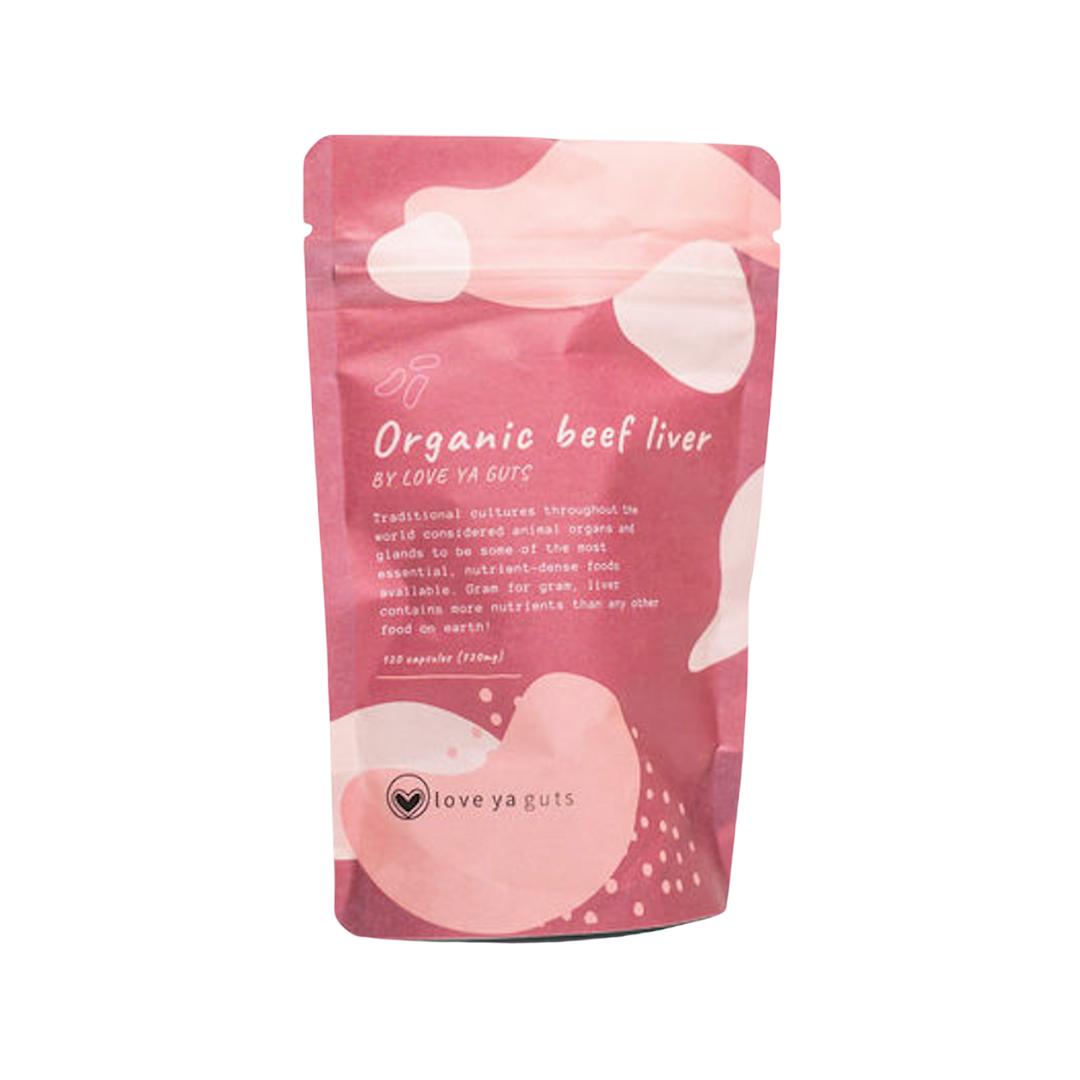


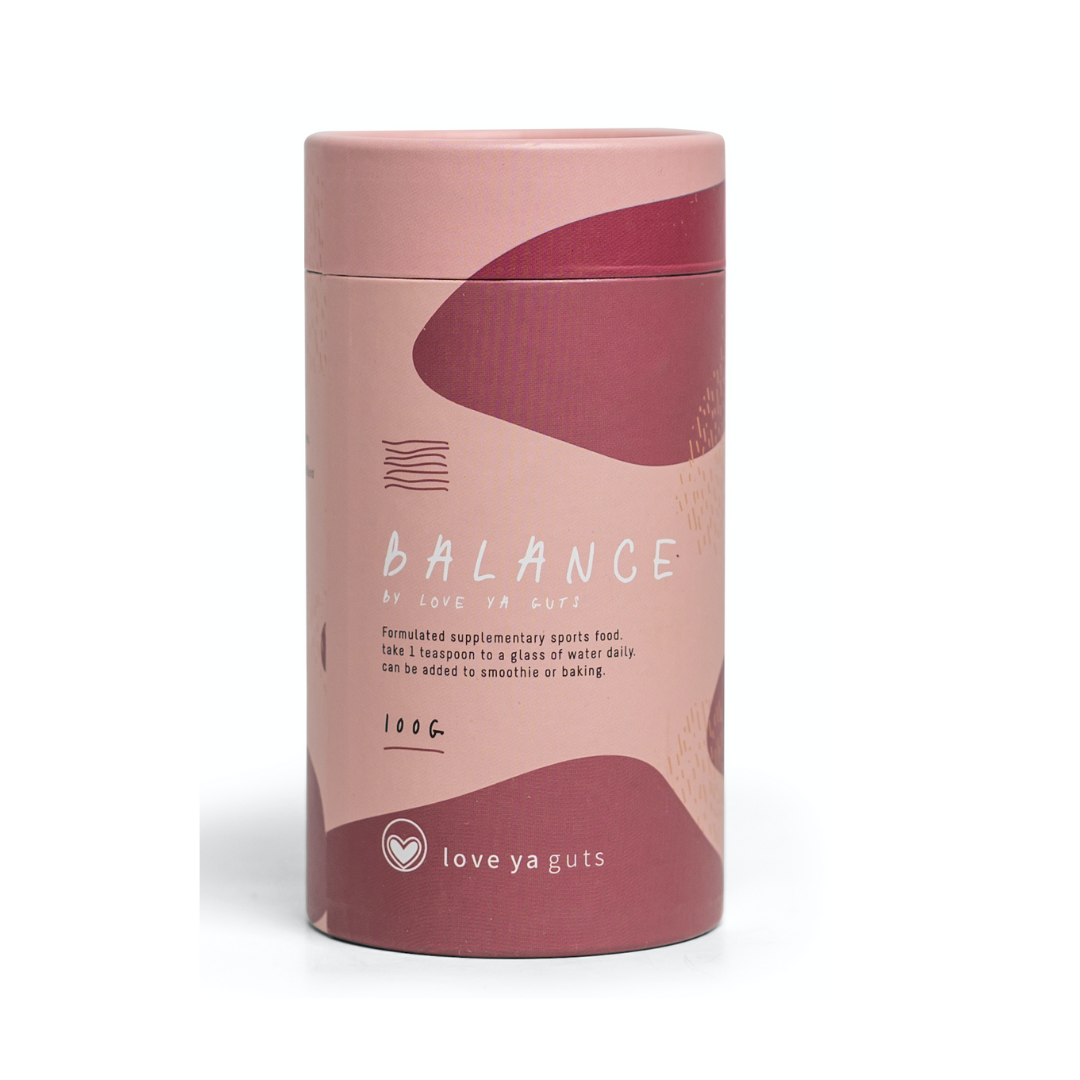
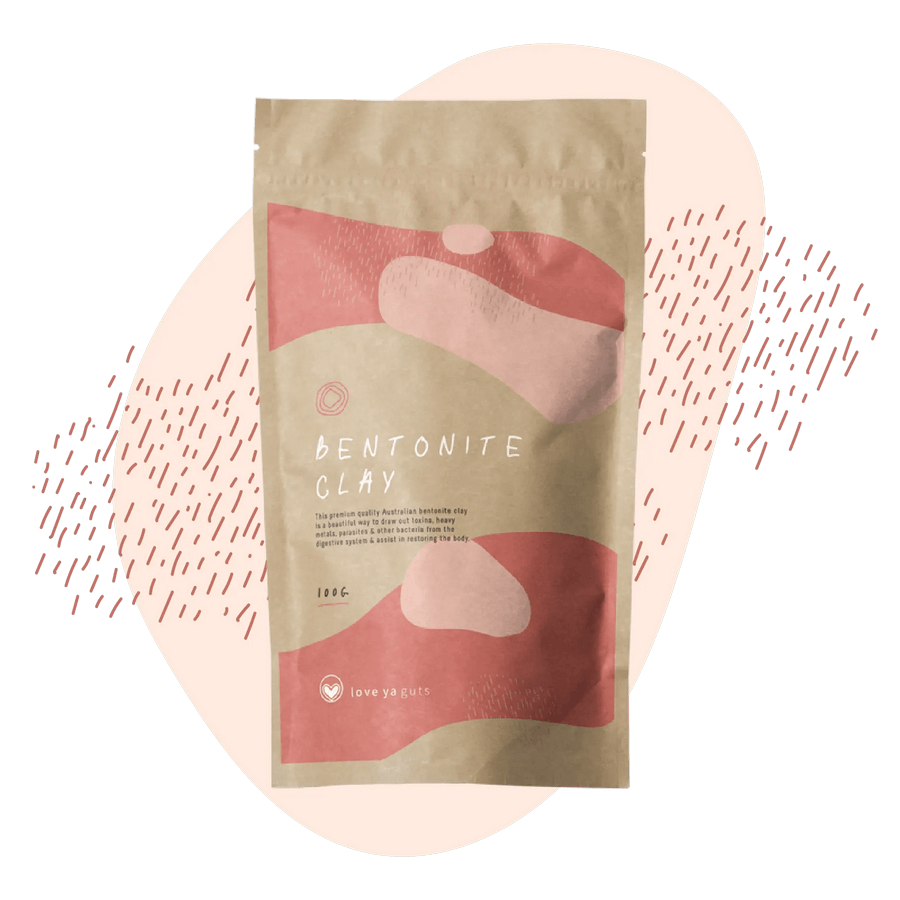
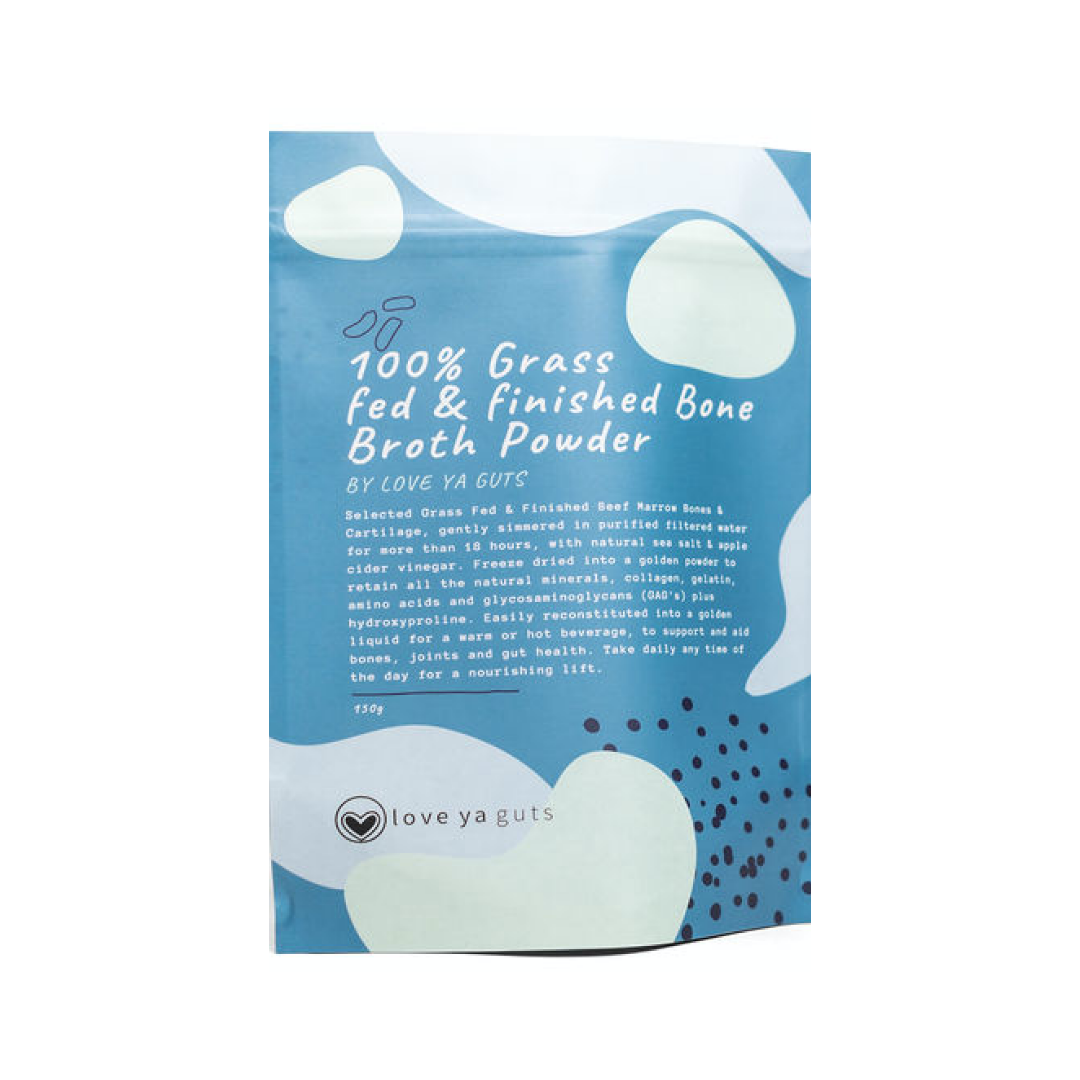
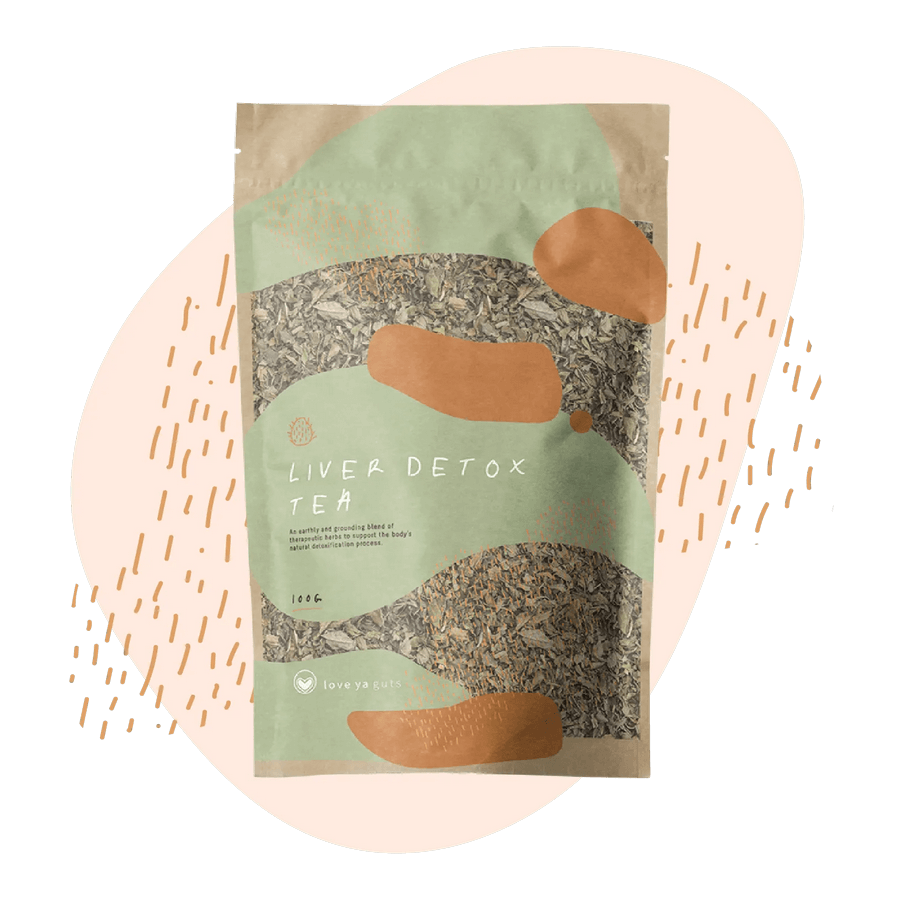
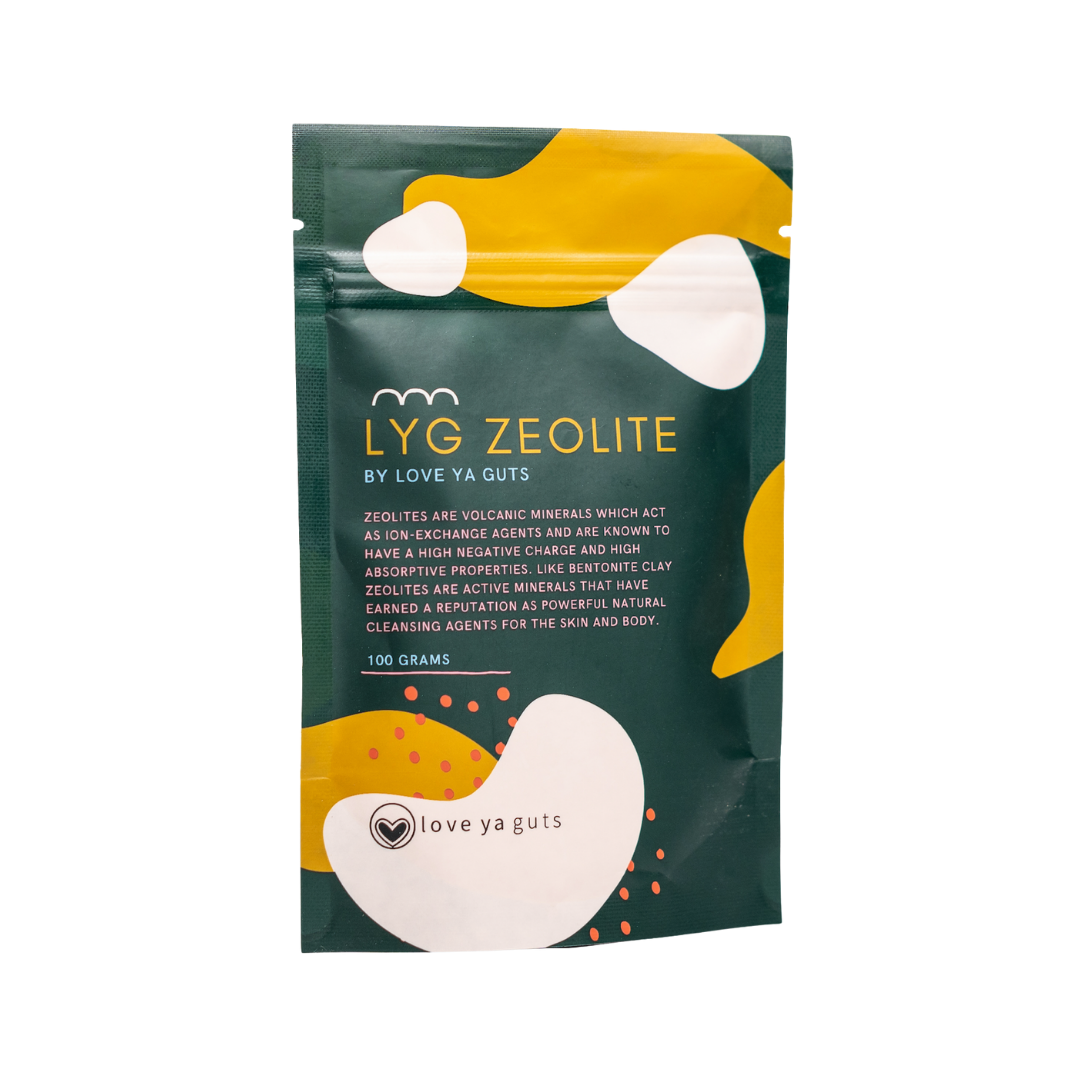






















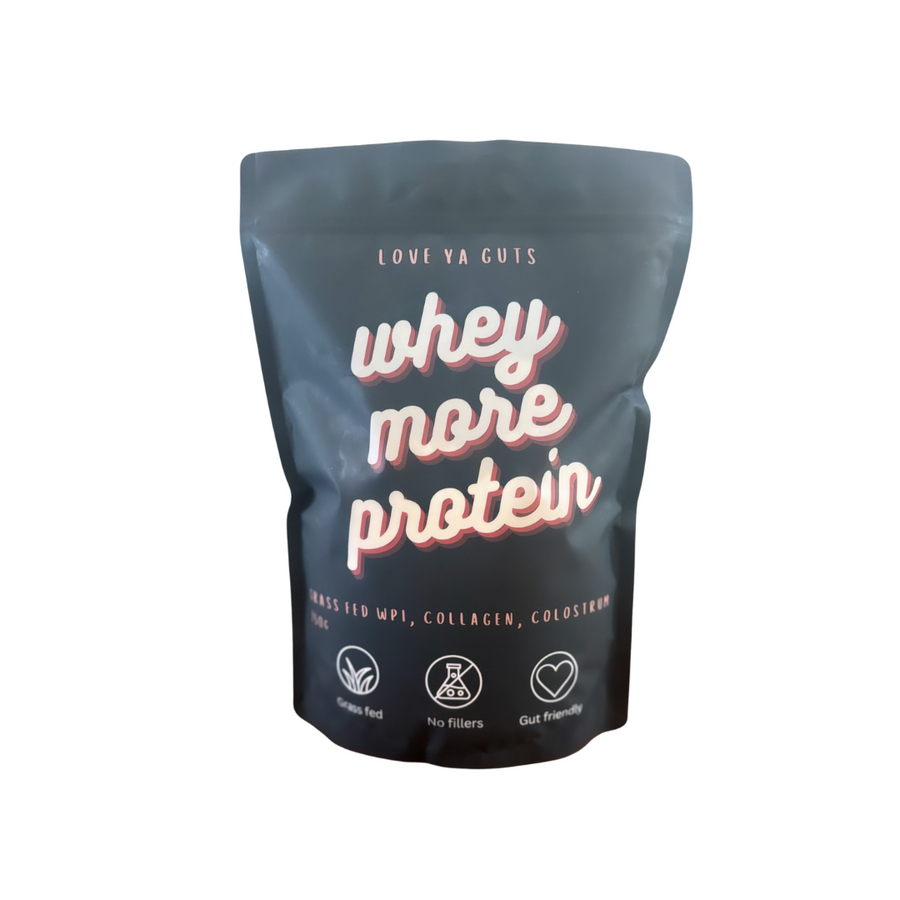

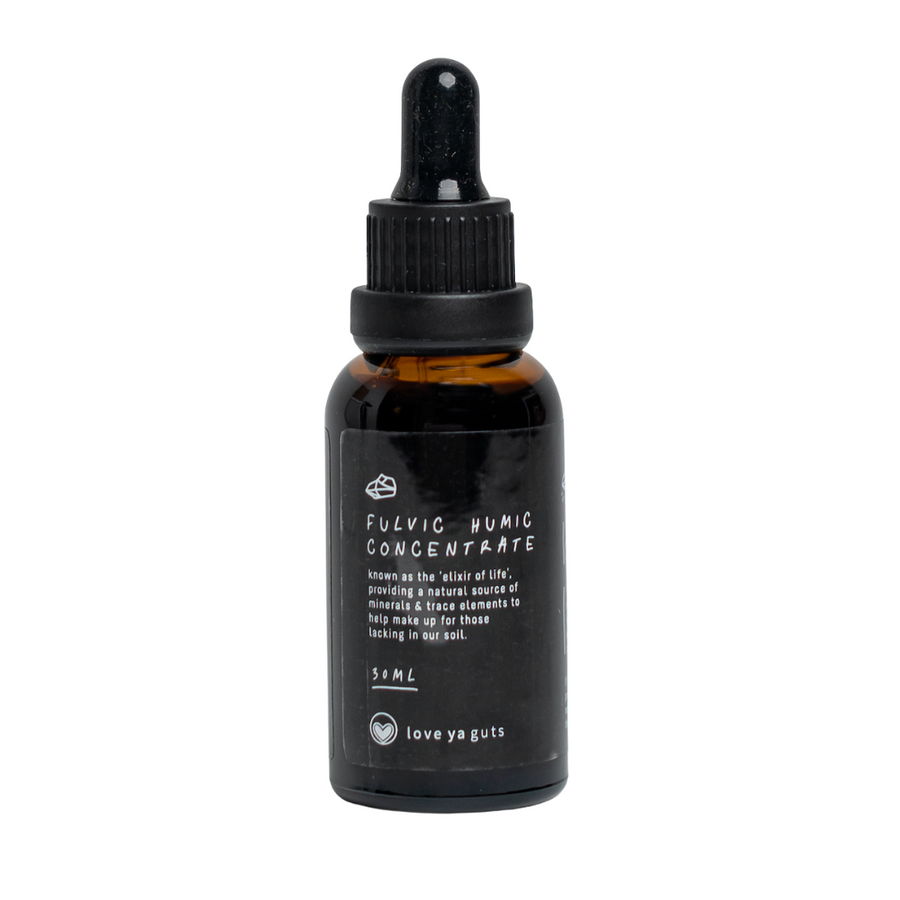

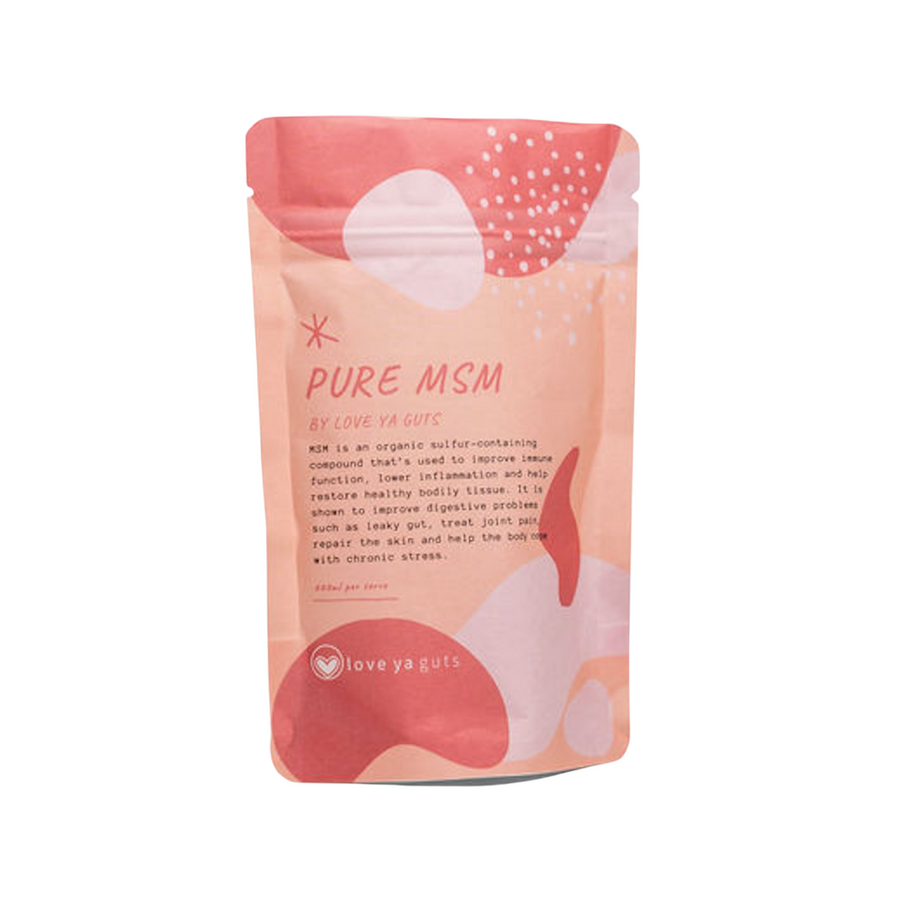

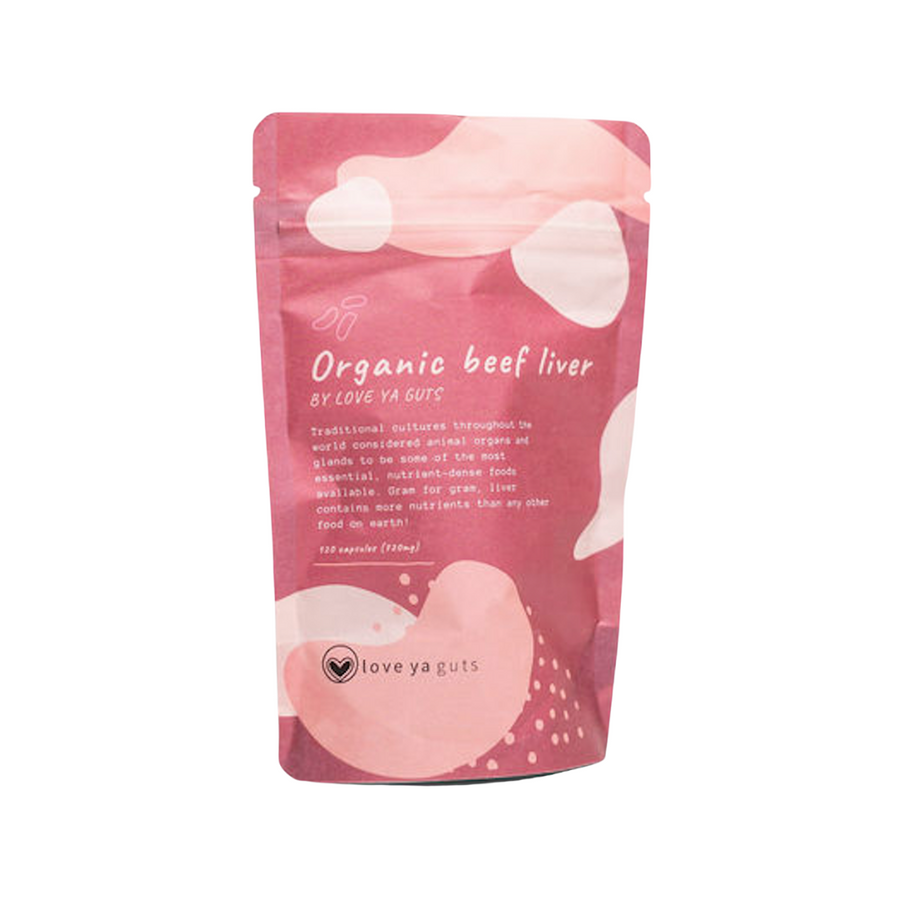



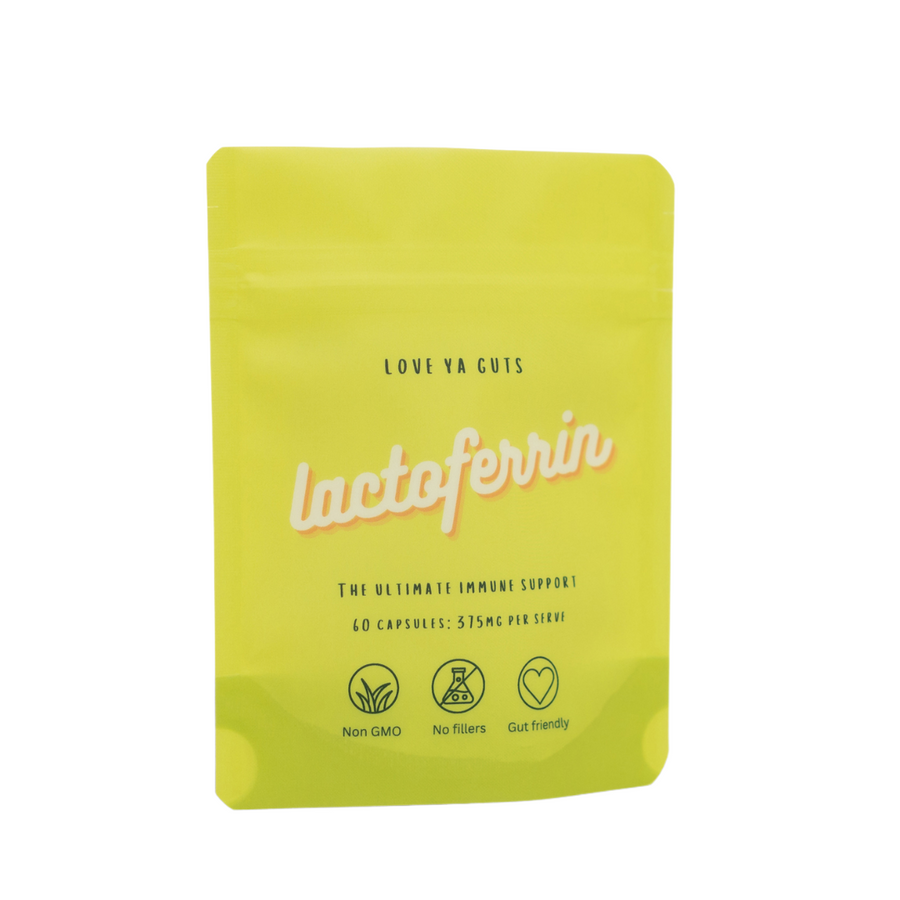

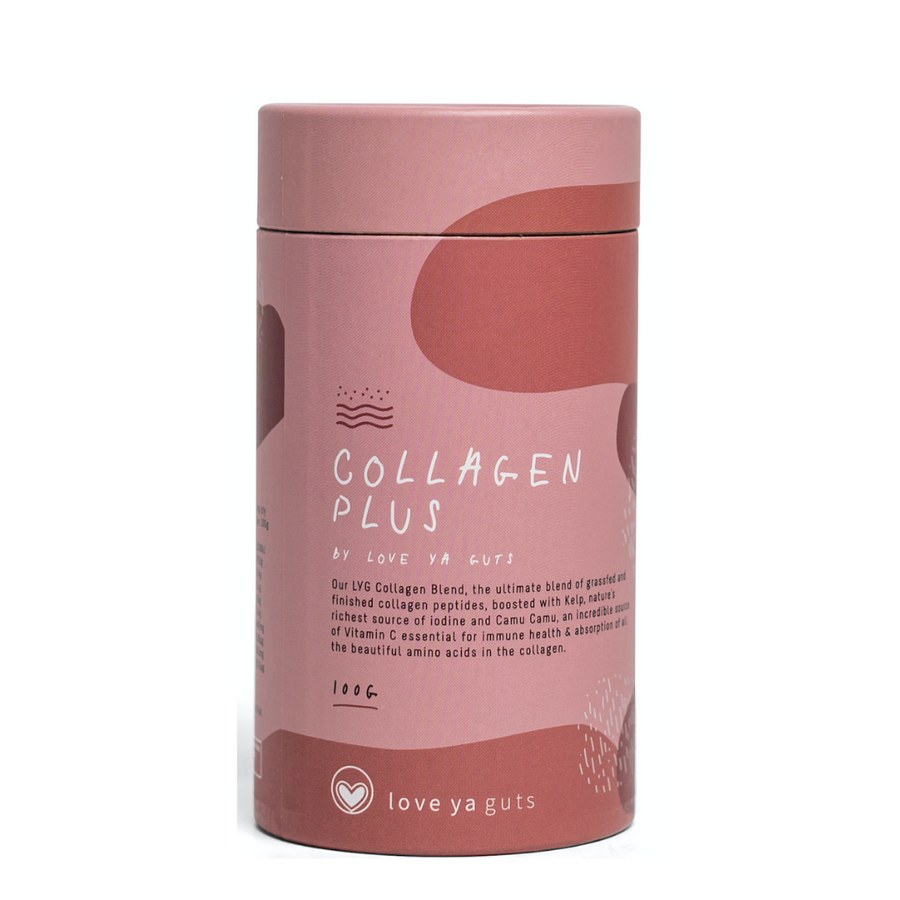
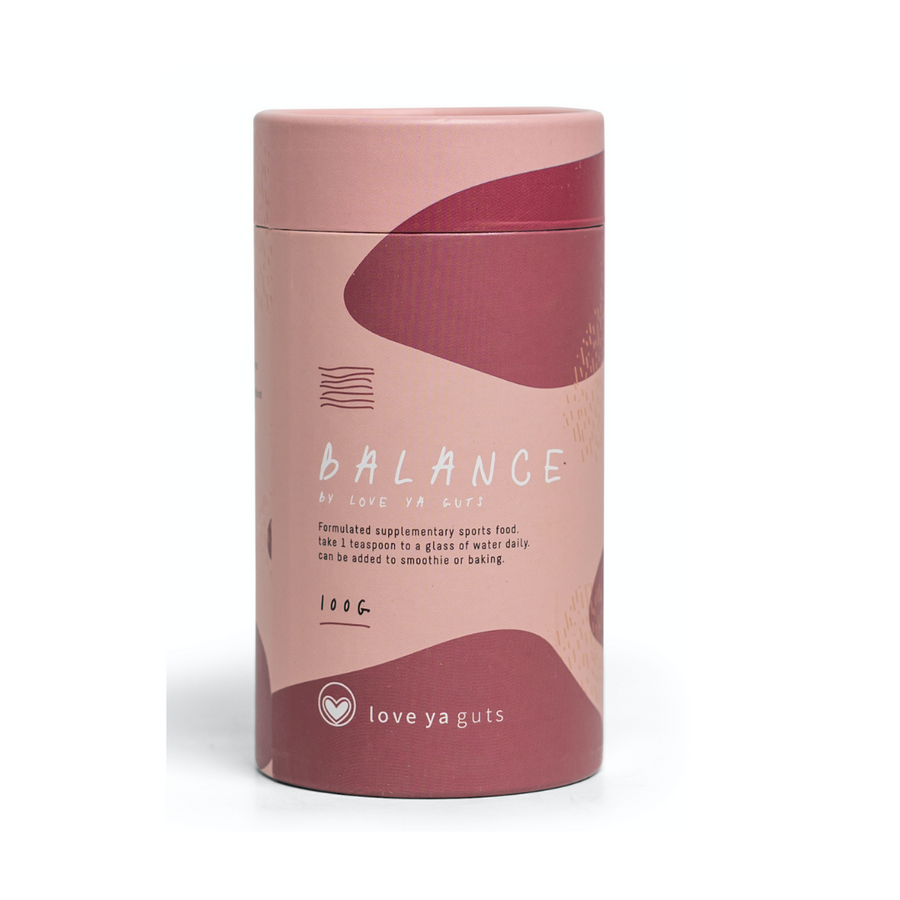
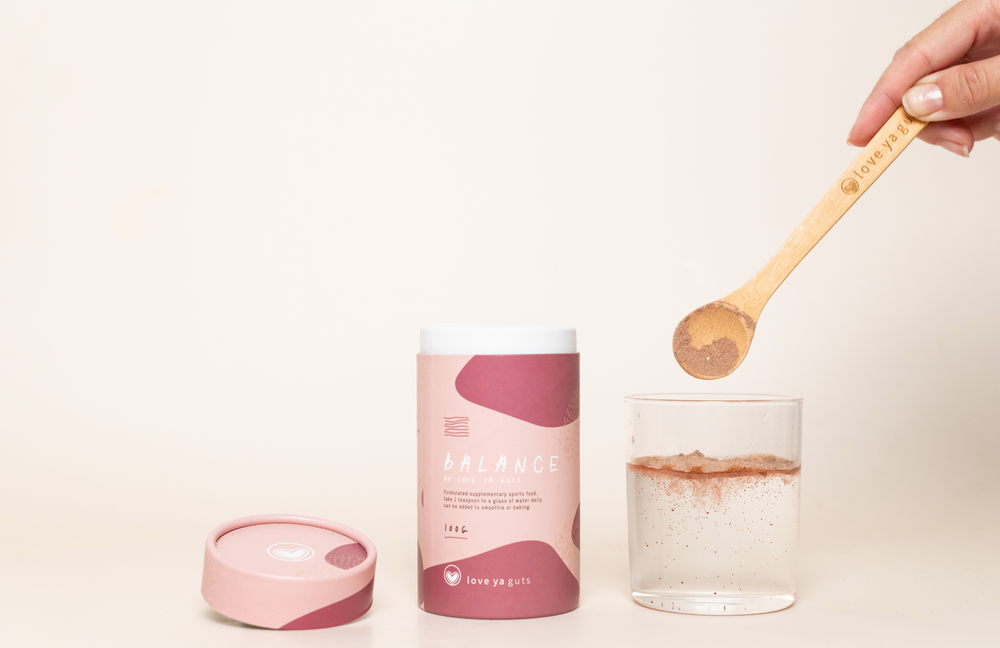
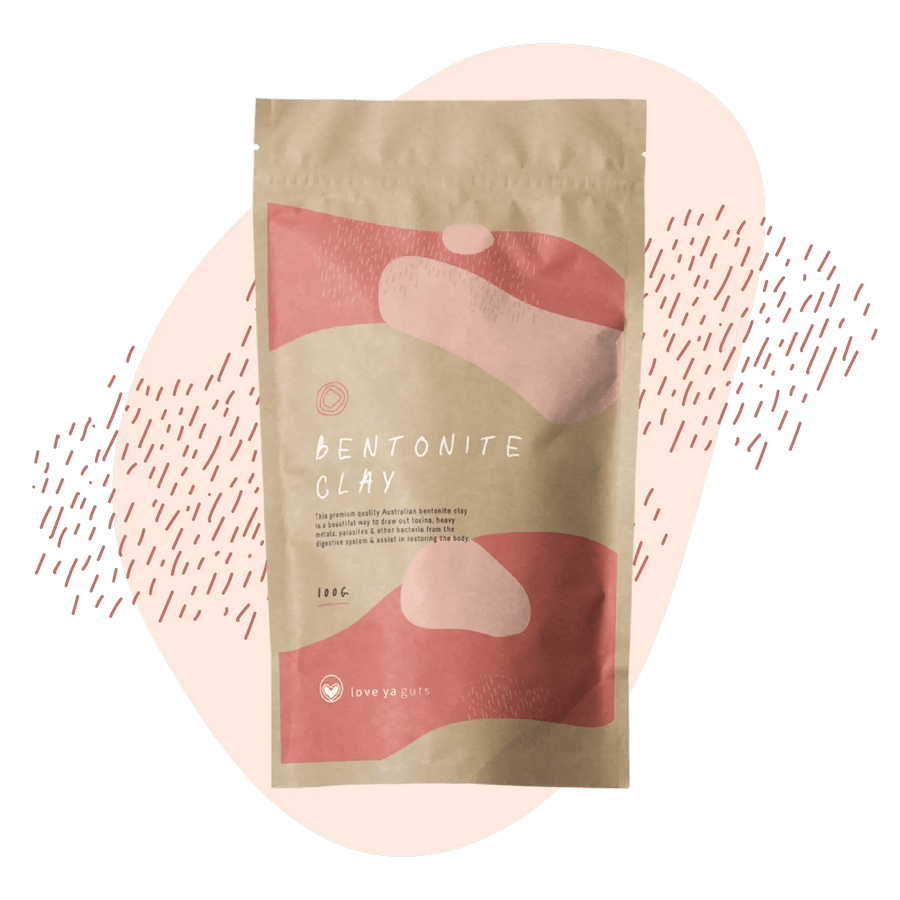

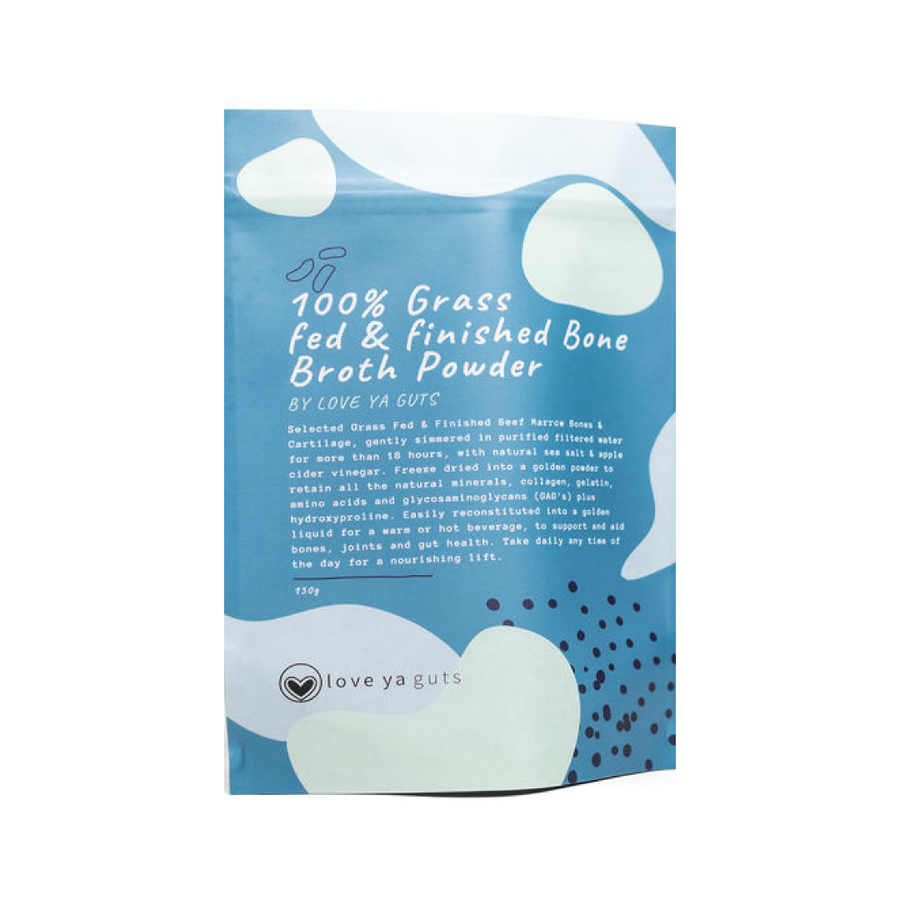
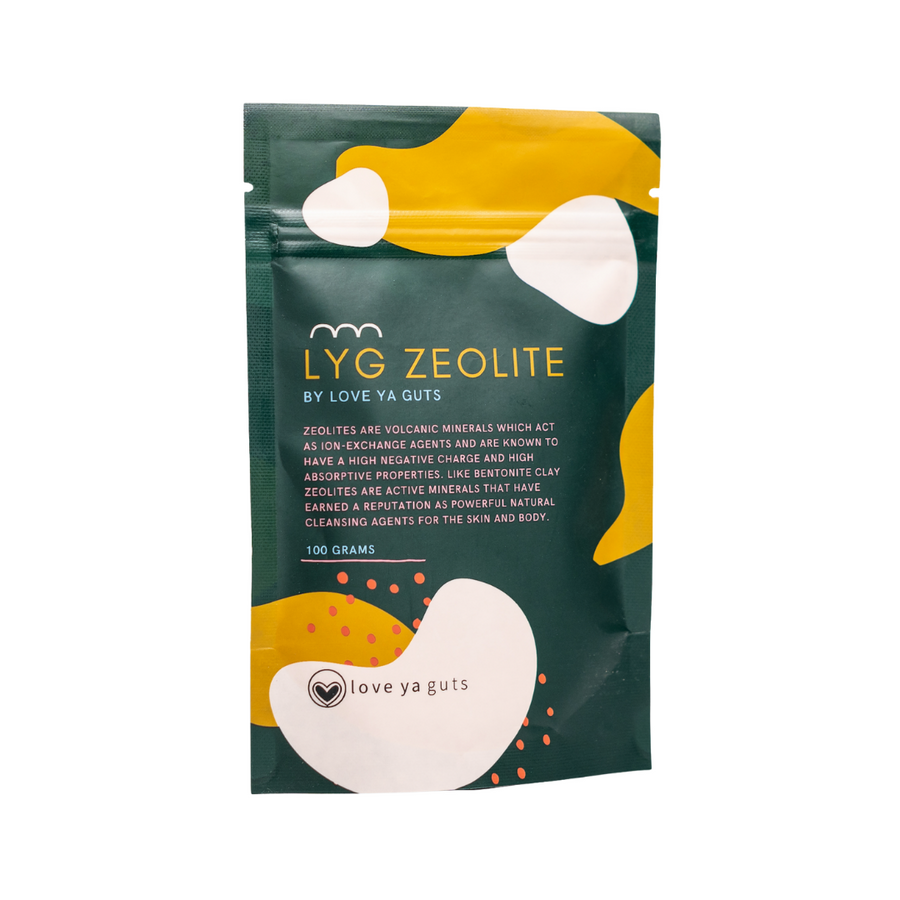



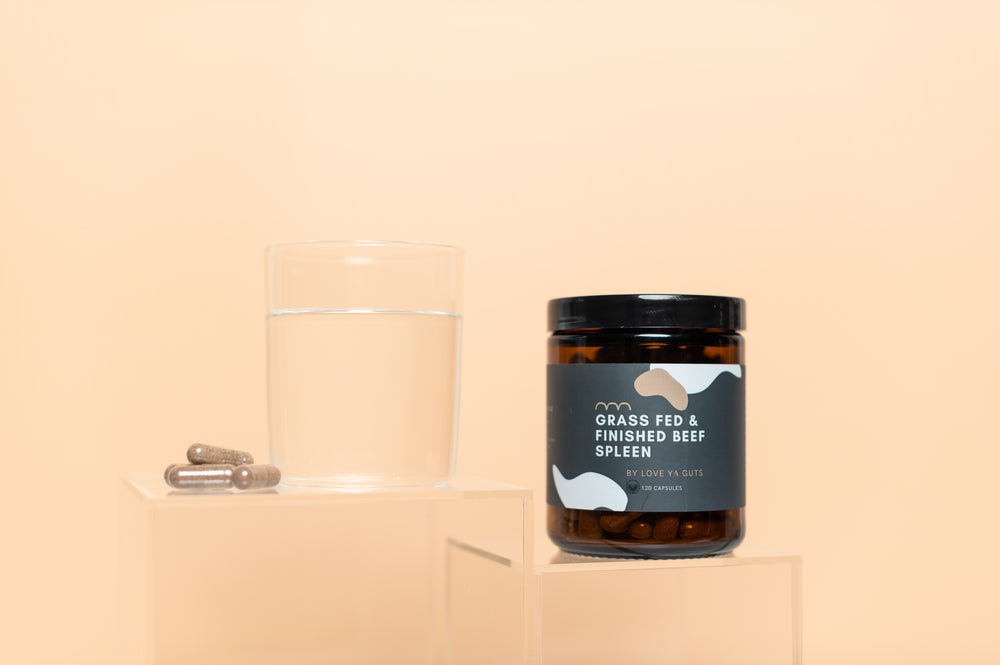


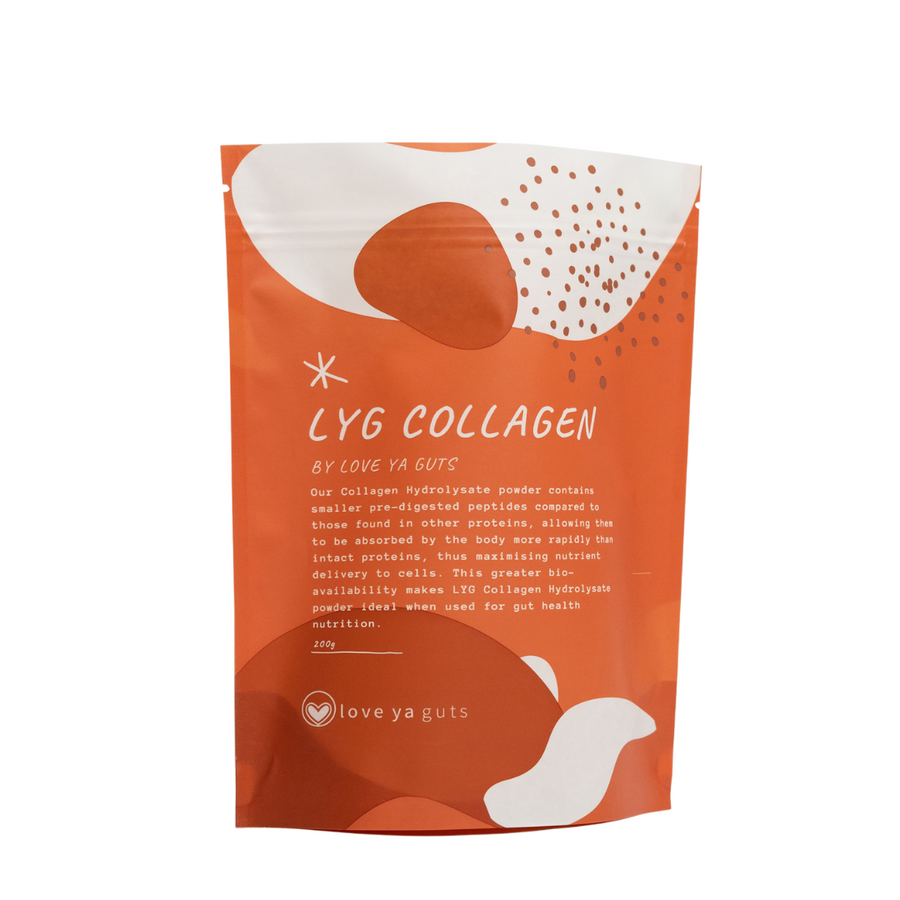


 5 Free Bonuses With Foundation Box - LYG App, Meal Plan, Private Community, Weight Loss & IBS Ebooks
5 Free Bonuses With Foundation Box - LYG App, Meal Plan, Private Community, Weight Loss & IBS Ebooks